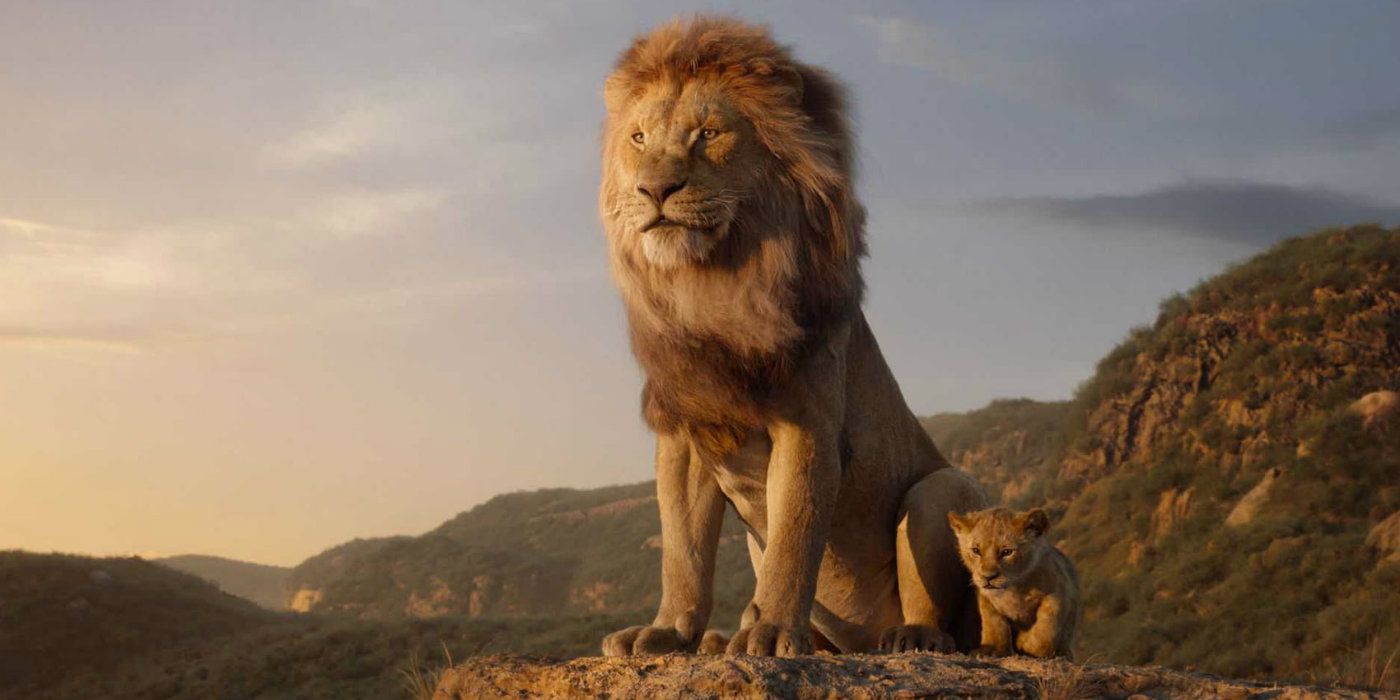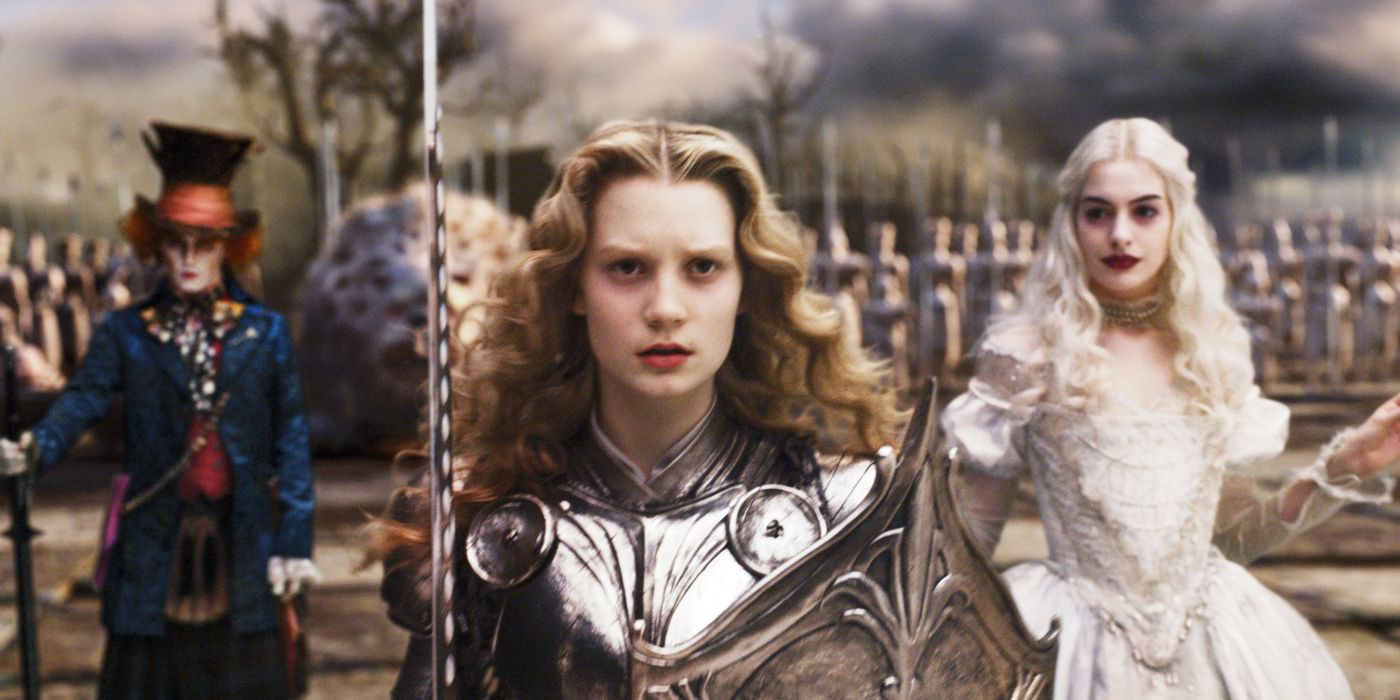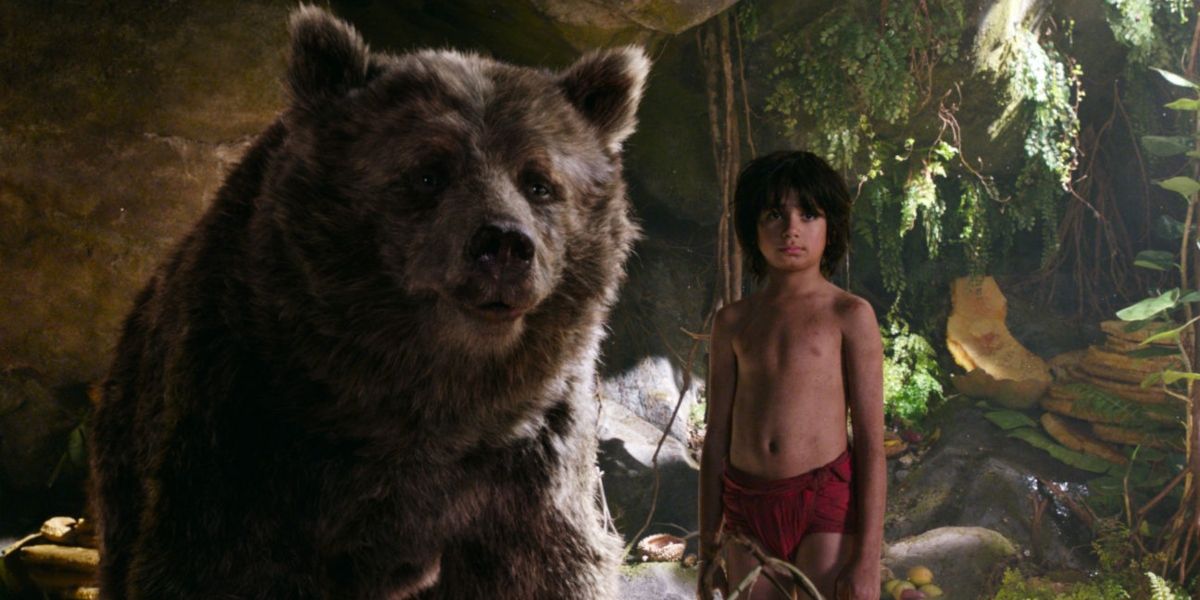Live-action remakes sure have been the popular studio trend lately, haven’t they? Especially for the Walt Disney Company. Next to the Marvel Cinematic Universe and Star Wars, Disney’s live-action adaptations of their own animated classics have been one of the studio’s most profitable cinematic properties at the global box office, with four of their remakes having grossed over $1 billion worldwide. From a business standpoint, they are a shrewd practice for the Mouse House: Each remake comes with a proven prior animated success as the template and a built-in audience already invested in the original title’s story and characters that can be used to bank on the nostalgia that Disney animation perpetually has across generations and demographics. They are a financially safe bet for box office profit, but as for the storytelling of the films themselves, they often flounder more than they succeed.
Generally, Disney remakes can be classified into two categories: the reinvention and the reiteration.
The reinvention takes elements of the animated predecessor’s story and characters and builds a practically new film around them. The reinvention may bear aesthetic and thematic similarities to the original, but it presents them in a new narrative and direction that differentiates itself from the animated classic and grants it a new identity. 2019’s Dumbo, directed by Tim Burton, follows the original classic’s basic premise and setting of an outcasted baby elephant who learns to fly in the circus, but also incorporates an original story of a family-owned circus bought out by an eccentric entertainment mogul who threatens to break the family apart. Dumbo utilized the familiar Disney story as an allegorical through-line for its own narrative of an outcasted family of circus performers, while also depicting the original’s iconic scenes in the same breath. In 2010’s Alice in Wonderland, Burton turned the Lewis Carroll books and Disney classic into a grand-scale fantasy war film. Remakes like these, Cinderella, and Lady and the Tramp reinvented their animated originals’ by using the familiar stories as inspiration to create something unique.
The reiteration uses its animated classic as more than inspiration, but as a veritable blueprint to copy-and-paste its exact plotting and dialogue from. The reiteration replicates exact scenes and sequences in a near one-to-one duplication of the original film’s script, while doing very little to make itself distinct or understand what made the original work. 2017’s Beauty and the Beast operates very much the same as its 1991 original in its narrative structure, scene functions and even line delivery, but miraculously fails in capturing the intention and feeling behind them. Scenes are paced and executed differently (and awkwardly), leaving important character development lost in translation. The Beast (Dan Stevens) saves Belle (Emma Watson) from the wolves and gives her his library without properly establishing his motivation to do so like in the original. What this film and other remakes of its kind do to make themselves a “new” version, be it new songs or a supporting character’s newfound narrative agency or sexual orientation, aren’t utilized enough to make the film as a whole feel like a fresh take on the classic. Remakes like this, Aladdin and Mulan heavily rely on their familiarity and count on audiences’ nostalgia for the original animated feature to attribute their memories and feelings of the story into the derivative replication.
The Disney reiteration has proven to be the most profitable for the studio as three of their four remakes to gross over $1 billion were overtly reliant on their respective animated forerunners. Jon Favreau’s The Lion King (2019) is not only the highest-grossing of any Disney remake, it's in the top ten highest-grossing films of all time. With Favreau’s Lion King, Disney has found their niche in how they go about their remakes: if it’s not broke, don’t fix it. The Lion King (1994) is inarguably one of Disney’s most prestigious and popular animated classics, and the remake acknowledges the monumental legacy of the original and makes sure to stick as close to it as possible. A staggering amount of dialogue is ripped exactly from the original’s script, the plotting and order of scenes are identically structured — James Earl Jones was even brought back to play Mufasa in the role he originated. Apart from the lifelike computer graphics, the film fails to make itself a new experience and instead functions more as a self-congratulatory celebration of how beloved the original is. As a remake, it is more akin to Gus Van Sant’s infamous 1998 shot-for-shot remake of Psycho than it is a modernized reinterpretation.
The Lion King (2019) illustrates the worst of what Disney remakes have to offer. Instead of seizing the opportunity to creatively reinvent a timeless story for a new generation in a new medium, the film stands more as a feature-length visual effects tech demonstration as well as a reminder of how great the original is. It plays on the expectations and emotions of audiences that already love the original film to carry the emotional load that the remake’s digitally lifeless animal cast cannot. It is an advertisement for the brand, which is what Disney remakes at their conception serve as, but the more transformative the adaptation, the more effective it is in forging its own identity as a stand-alone film. Before The Lion King (2019), Jon Favreau ironically directed a film that represents the best of what Disney’s remakes can be.
Like its 1967 original, The Jungle Book (2016) follows the story of Mowgli (Neel Sethi), the “man-cub” raised by wolves in the jungle who must be brought back to the man-village with the help of his animal friends Baloo the bear (Bill Murray) and Bagheera the panther (Ben Kingsley). While sharing a basic framework and narrative goal, the remake reinvents the original’s story with a more dramatic angle and higher stakes. Characters like King Louie (Christopher Walken), Kaa (Scarlett Johansson), and Shere Khan (Idris Elba) present more immediate threats than in the original and give the motivation to get Mowgli to safety more urgency. The film also further explores Mowgli’s relationship with his wolf family and the effect his presence in the jungle has on the other animals. The original became a classic for its relaxed pace in introducing fun characters one after another as the story progresses. But the remake puts greater emphasis on that story and how the characters engage and respond to it, thus creating a new narrative and emotional experience from the original.
Favreau’s Lion King and Jungle Book remakes demonstrate the different extremes of Disney’s recent efforts to capitalize on their classic titles. The Lion King banks on its familiar name to regurgitate the same content audiences have seen before without the need to make it fresh. The Jungle Book took the familiar material of the original animation and even the works of Rudyard Kipling as a base to create a version visually and tonally distinct from any other adaptation to create a new vision. With a laundry list of Disney titles still to be remade in the future, Disney should learn from Jungle Book to respect its audience and material enough to let it grow with the times, and make future remakes as innovative and original as their animated classics were in retelling literary favorites.



